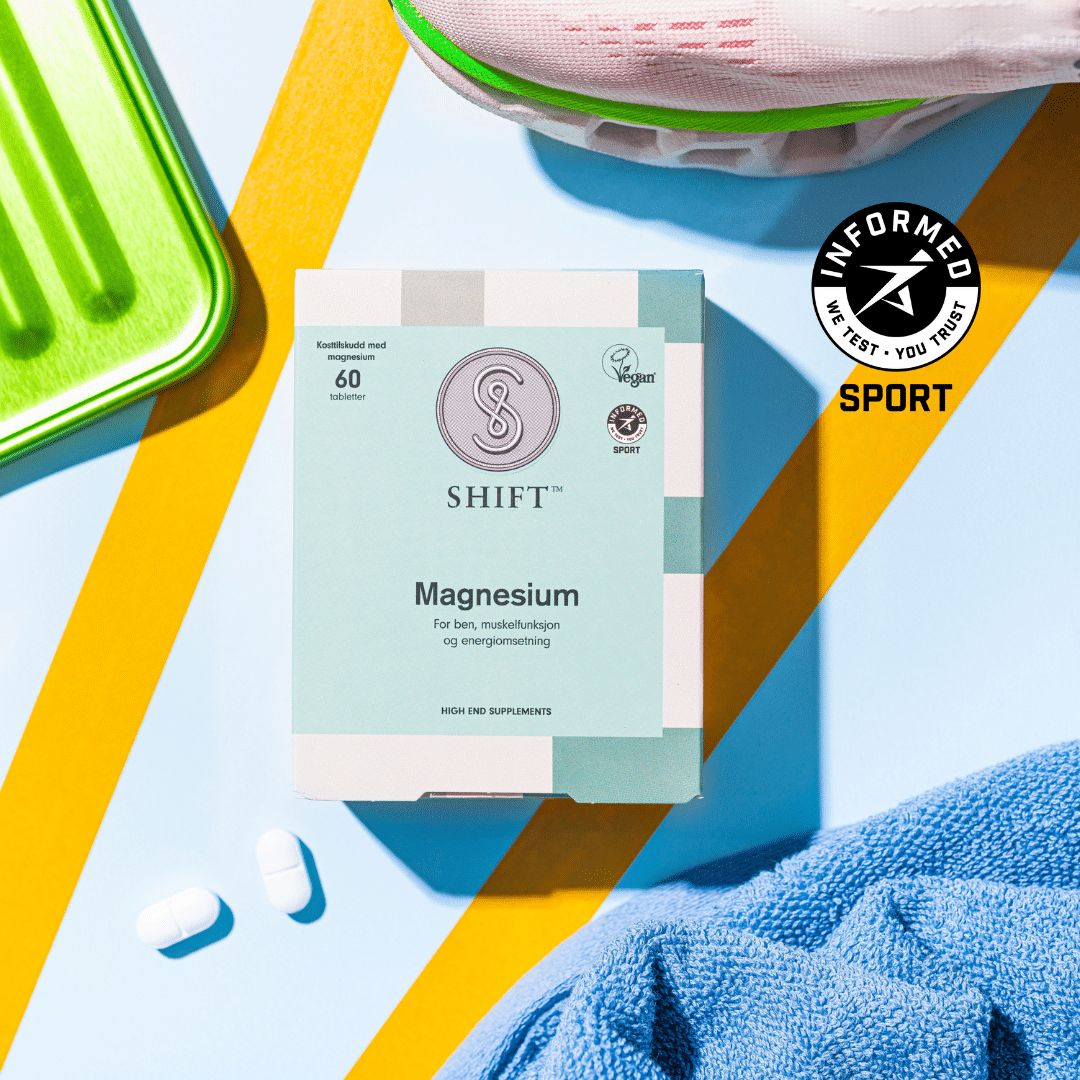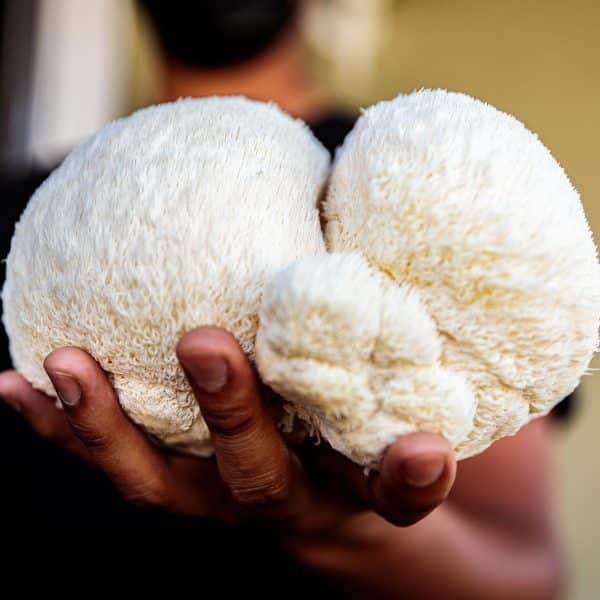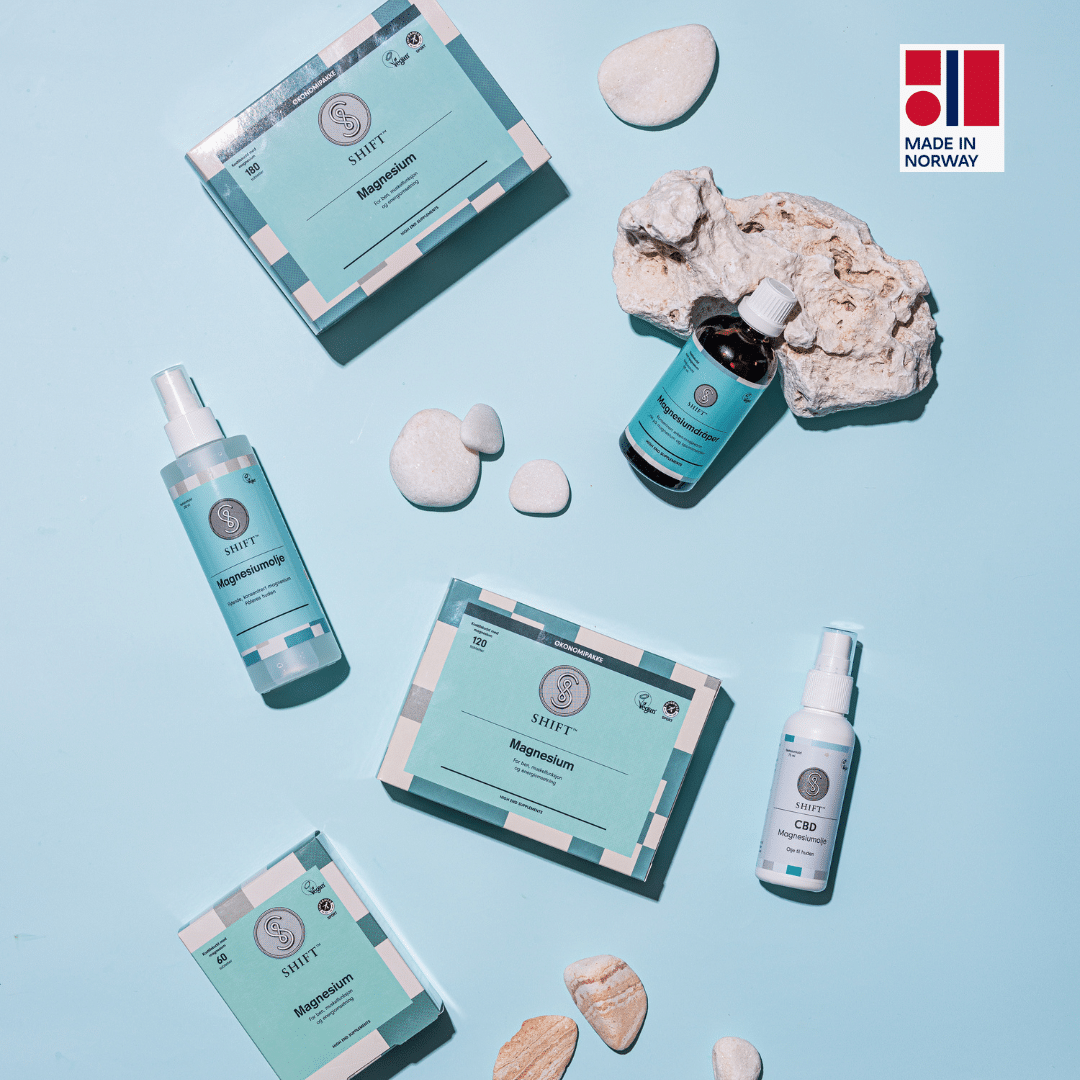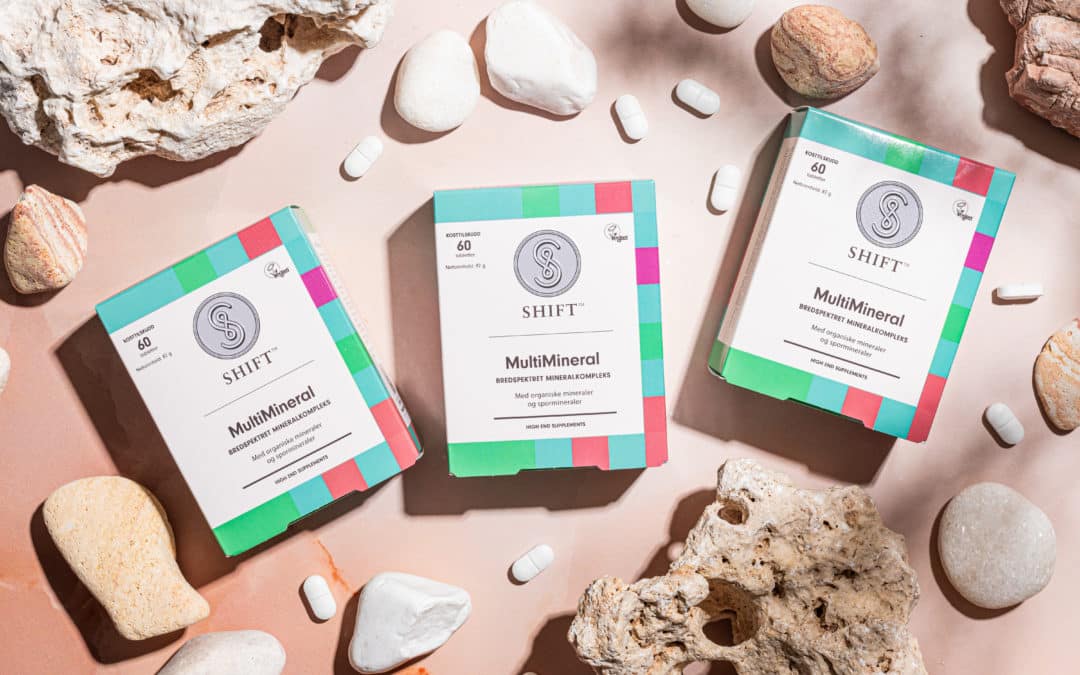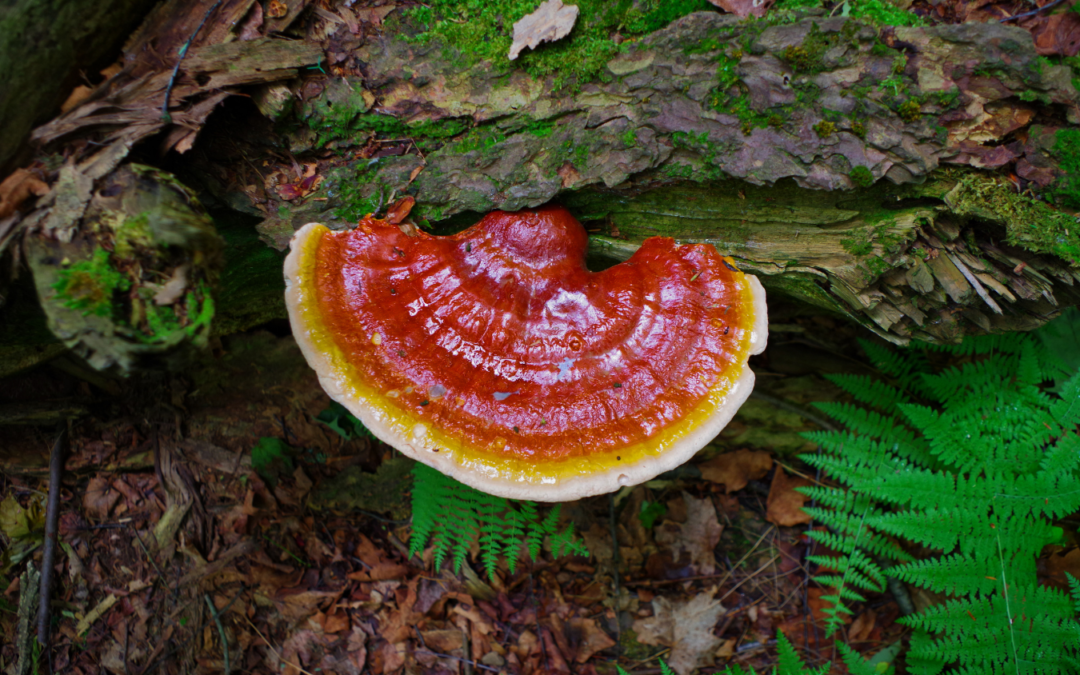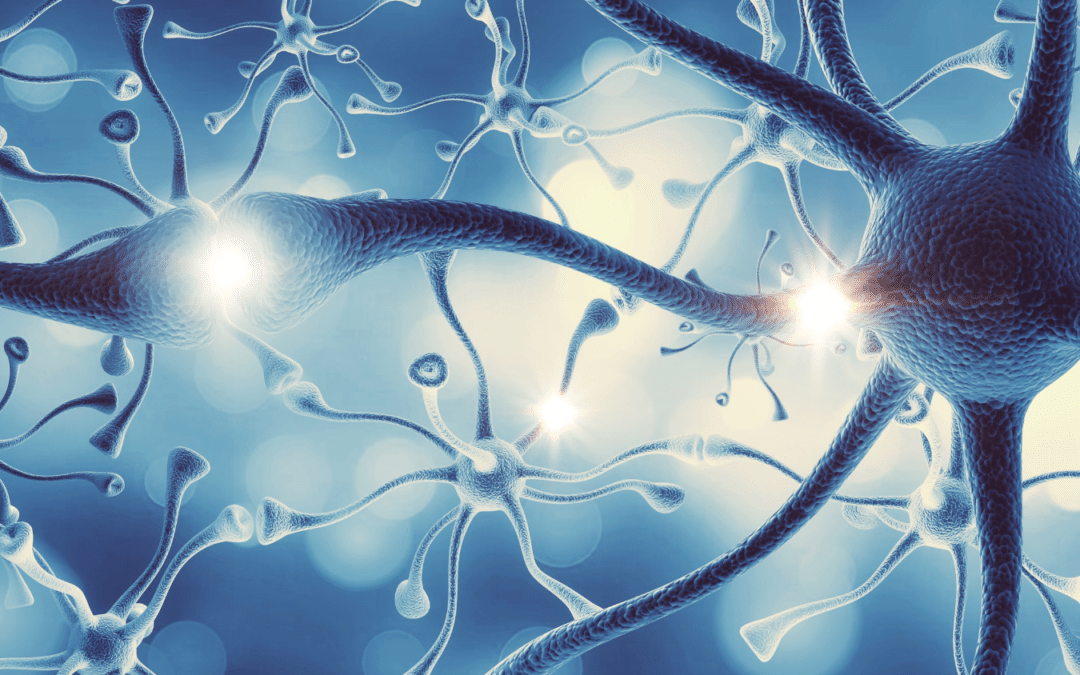Omega-3 is a collective term for certain polyunsaturated fatty acids that the body cannot produce itself and are therefore called essential fatty acids. The marine omega-3 fatty acids DHA and EPA are considered the most important. Good dietary sources of EPA and DHA are oily fish and cod liver. However, since the intake of these sources is low for most people, supplements of the long-chain omega-3 fatty acids EPA and DHA are a good way to get enough of these fatty acids. Such supplements can be based on fish, seals or algae.
Why do we need omega-3?
Omega-3 fatty acids are important components of the cell membranes that surround all the body's cells, and thus important for maintaining brain function throughout life. In addition, these fatty acids, especially DHA, are important for maintaining normal vision, as a large part of the retina is made up of this fatty acid. EPA and DHA are also important for heart health as they maintain normal triglyceride levels in the blood and blood pressure, which keeps the blood vessels elastic and prevents the arterial walls from getting too much fatty plaque (1). The fatty acids also help to thin the blood, which can prevent the development of blood clots. EPA and DHA also have a number of other functions, including anti-inflammatory effects in the body (2-4). In addition to DHA and EPA, there is another important fatty acid, DPA. DPA has not been researched as much as DHA and EPA, but it is also described as having an anti-inflammatory function in the body, in addition to other functions and, like EPA and DHA, can relieve muscle and joint pain (5, 6).
What happens if we don't get enough omega-3?
A daily low or absent intake of oily fish, cod liver or supplements of fish, seal or algae oil can affect the body in various ways. It can show up as concentration and memory difficulties, learning difficulties and it can negatively affect vision and cardiovascular health. In addition, it can show up as various forms of inflammation in the body, such as muscle and joint pain. A daily omega-3 intake is important for all age groups, including pregnant women, nursing mothers and children. For vegans or other groups, there are algae-based omega-3s with gelatin free of animal ingredients.
Algae oil as a source of EPA, DPA and DHA
Algae are at the bottom of the food chain, so algae oil is therefore a sustainable source of EPA, DPA and DHA. Fish must eat algae to get these omega-3 fatty acids, and selenium must in turn eat the fish, so using omega-3 fatty acids from the bottom of the food chain protects the marine ecosystem. It is estimated that from 1970-2012 there has been a 50% decline in marine life. This is mainly due to fishing, where 1/3 of all fish caught worldwide is used to produce fish oil. It is said that by using algal oil as a source of human consumption, 22 million tons of fish would have survived, 60 thousand whales, seals and sharks would have survived, and the marine ecosystem would have been preserved to a greater extent (1-2).
SHIFT™ Omega-3 from algae
The algae used in SHIFT™ Omega-3 are grown indoors in tanks and are thus not in contact with various external stresses such as environmental toxins, including heavy metals and pesticides. There will therefore be no residues of these in the algae oil. Since algae oil is at the bottom of the food chain and is pure and natural, it also avoids a number of steps in the extraction process of the oil raw material from the algae biomass, resulting in a more natural product. In addition, the oxidation parameters are naturally very low and the taste is mild and fish-free.
The specially selected microalgae Schizochytrium sp.. in SHIFT™ Omega-3 is very rich in the omega-3 fatty acids EPA, DPA and DHA. To achieve the health effects for the heart, brain, eyes and a number of other functions, an intake of 1 capsule daily will be enough.
Sources:
https://www.fao.org/3/ca9229en/ca9229en.pdf

